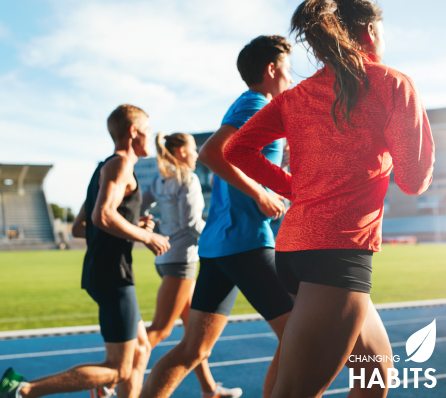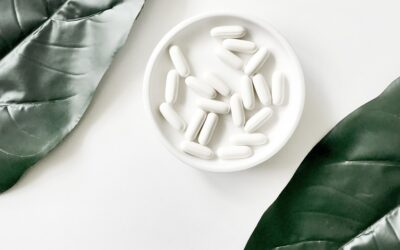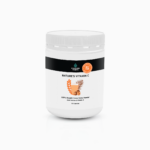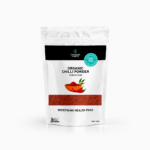Are you an athlete or someone who likes to exercise recreationally? It’s important to consider the food you eat as fuel that will improve your athletic performance for the long and short term rather than hinder it.
The mainstream approach to an athlete’s diet these days seems to include:
- A high intake of many forms of sugars and carbohydrates – breads, pastas, sugar, pure glucose, dried fruit
- Low consumption of fat, particularly saturated fat
- A high consumption of different fruits and vegetables
- Protein amount depends on the individual, may include protein shakes
- Vitamin and mineral supplement as needed
- Glucose rich electrolyte drinks or gels (eg Hydrolyte, Endura Sports Energy Gel)
Emphasis is placed on the macronutrient composition of foods; fat, protein, carbohydrates, rather than the quality of these foods. Often the products advised contain man-made food substances such as highly processed fats and oils, preservatives, colours and flavourings which have an inflammatory and detrimental effect on your body in the short and long term.
It is critical that an athlete avoids inflammatory foods completely, to allow the body to heal, recover and detoxify consistently. There are many variations to take into consideration as every athlete is unique and has different training intensities.
Question everything
Take advice with an open mind and listen to what practitioners have to say as they all have something valuable to share. However, also think for yourself, listen to your body, your instincts and the results you are getting or not getting.
What about you?
If you’re an athlete, you need to start being accountable for your own health, by taking the time to source natural, real food and quality supplements and foods to fuel your body without increasing your inflammation.
“Train like an athelete, eat like a nutritionist, sleep like a baby, win like a champion.”
We recommend the following general guidelines for athletes. However it’s worth bearing in mind your individual needs, fitness goals and training demands.
- Check the ingredients of all products you are recommended and ensure they are real, simple ingredients and free of preservatives, flavourings, flavour enhancers, colours, vegetable oils/fats and refined sugars such as glucose, sucralose and maltodextrin.
- Switch refined vegetable oils and fats with cold pressed oils such as avocado, olive, macadamia or inca inchi oil.
- You must include saturated fats in your diet, they are essential for each cell in your body. These include ghee, butter, lard, eggs, coconut oil and animal fats.
- Remove wheat and gluten as it causes large amounts of inflammation in most people.
- Include high quality, whole carbohydrates in moderation, such as sweet potato, rice, honey, bananas, dates.
- Include fat and protein with each meal in order to stabalise your blood sugar levels and keep you satiated and well nourished.
- Check your protein powder ingredients and consider swapping to Inca Inchi Protein Powder as a suitable alternative, as it contains 1 ingredient which is over 60% complete protein
- Always have real food snacks on hand such as inca inchi seeds, chia puddings, boiled eggs, homemade trail mix, berries, bliss balls, coconut flour savoury fritters, meatballs, rissoles or paleo sausages.
- Increase the amount of vegetables you eat to help alkalise your body
- Drink only filtered water and mix in a drop of lemon juice or apple cider vinegar, a pinch of salt and colloidal minerals to act as electrolytes
- Drink adaptogenic herbal teas such as tulsi, ginseng, licorice or ashwagandha. These assist the body in adapting to all forms of stress.
- Include an abundance of fresh herbs and spices into your diet such as ginger, turmeric, parsley and coriander to reduce inflammation, increase immunity and cleanse your body.
- Ensure you are making time for daily rest, relaxation, sleep and sunshine.
If you have any comments or recommendations for athletes, please comment below as we would love to hear your thoughts!
Happy changing habits.
Sheridan Williamson
Changing Habits Nutritionist
August 2016
To receive a free e-book with 10 delicious gut healing recipes, just click on the image below!







Thank you for this. With a daughter in the dance/circus world and knowing so many like her, I have seen diets that make me cringe. It is fighting an uphill battle with teens who see others eat “normal”. I am blessed to have a daughter who is learning the benefits of healthy eating, but I love finding information from the “experts” to share with her. Because in case you weren’t aware, teens believe parents know very little. lol
Thank you,
Cindy